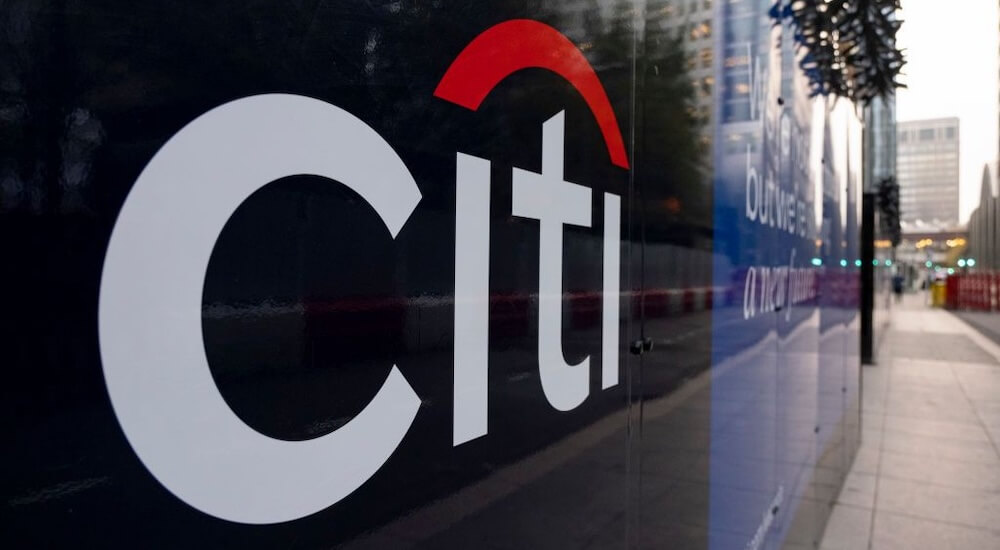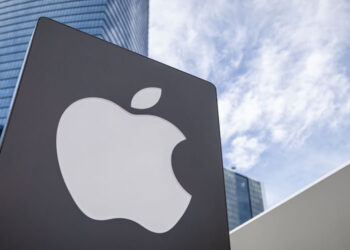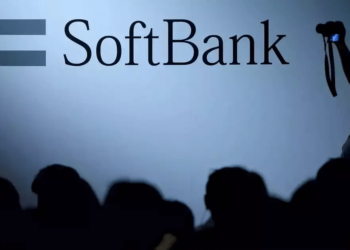Tuesday’s first-quarter profit for Citigroup (C.N.) above Wall Street forecasts as its traders benefited from a windfall from erratic markets that increased customer activity.
Stronger stocks trading also helped the third-largest U.S. lender’s earnings, which were similar to those of Wall Street competitors Morgan Stanley (MS.N), Bank of America (BAC.N), and JPMorgan Chase (JPM.N), opens new tab. Executives cautioned that the economic picture was clouded by U.S. trade policy, even as industry earnings increased.
“We continue to help our clients navigate an uncertain environment,” said Jane Fraser, the company’s CEO. “When all is said and done, and long-standing trade imbalances and other structural shifts are behind us, the U.S. will still be the world’s leading economy, and the dollar will remain the reserve currency.”
During a time of increased uncertainty about President Donald Trump’s tariffs and the rise of Chinese startup DeepSeek’s low-cost AI model, investors rearranged their portfolios, causing stock trading to spike in the first three months of the year, with revenue up 23%.
In the three months ending March 31, Citi’s net income increased 21% to $4.1 billion, or $1.96 per share. According to projections collected by Wall Street, the bank was projected to make $1.85.
The New York-based bank’s stock increased 1.6%. As of Monday’s end, they had lost 10.2% of their value this year.
Wall Street CEOs have issued warnings about the possible consequences of the U.S. tariffs, which have sunk the economy and sparked worries of a recession. When broad U.S. tariffs were announced this month, bank stocks plummeted, marking a sharp reversal from the early excitement surrounding Trump’s pro-business program.
Tariffs may reduce economic growth and rekindle inflation, which would reduce businesses’ desire to borrow money and make deals. A decline in consumer confidence may also have an impact on loan demand and spending.
“Obviously, there is a lot of concern about trade policy and tariffs and how they will change, but there is also doubt about the larger agenda, deregulation, taxation, etc. On a call with reporters, Mason said, “That is kind of putting downward pressure on the outlook for growth.”
Mason said, “As the growth outlook deteriorated, the bank increased its provisions for loan losses, but so far, borrowers’ delinquencies are within expectations.” As the bank raised its unemployment predictions, Citi’s cost of credit jumped to $2.72 billion in the quarter from $2.37 billion in the same period last year.





